The 80/20 Rule
Oct 18, 2010, Updated Jun 18, 2014
Daniel Koontz is the author of Casual Kitchen, a blog helping readers cook more, think more, and spend less. Today he shares some thoughts on the “80/20 Rule” (also known as the Pareto Principle) and how you can apply it in your life to powerful effect.
If you just discovered October: Unprocessed, go here to find out more and take the pledge. Don’t worry if you missed the start date! You can start your 30 days today, or simply join in for the rest of the month.
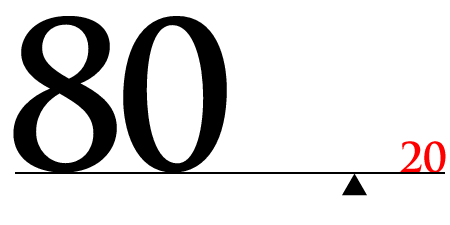 One of the most powerful rules I discuss on my website is the 80/20 Rule. It’s an extraordinarily effective way to help make your eating and cooking habits healthier, more efficient and less expensive.
One of the most powerful rules I discuss on my website is the 80/20 Rule. It’s an extraordinarily effective way to help make your eating and cooking habits healthier, more efficient and less expensive.
The logic of 80/20 is this: The majority of the output of a system is usually driven by a small number of inputs. Usually, people think of this concept in business settings, as in how 75% of sales come from 25% of a company’s clients, or 90% of the defects in a manufacturing plant might come from a very small number of root causes.
In its most basic sense, however, the 80/20 rule suggests that in most cases, adjusting or changing just a few critical inputs can unleash powerful results with surprisingly little effort. And when it comes to our diets and food, the 80/20 Rule manifests in situations like these:
1) Some 80% of your excess calories come from roughly 20% of the foods you eat. Thus making just one or two key dietary changes could help you dramatically reduce your caloric intake.
2) You will find that most of your “bad eating” can be elimated by making one or two minor habit changes, such as avoiding mindless eating sessions in front of the TV, or not keeping a stash of junk food in your home.
When I heard about Andrew’s October: Unprocessed event, I knew immediately that this would be yet another way to put the 80/20 Rule to excellent use. Why? Because processed foods represent the 80/20 Rule on steroids.
Here are some all-too-typical examples:
1) Those two glazed donuts you just ate represent a massive percentage of your fat intake for the day.
2) That canned, processed soup you just served your kids represents — in just one bowl — some 80% of their daily requirement of sodium.
3) The overwhelming majority of our most gluttonous overeating experiences invariably come when we’re eating processed foods engineered specifically to be both hyperpalatable and rapidly eaten.
4) Sugar- and High Fructose Corn Syrup-laden beverages are a vast source of empty and easily-ingested calories. Replace these beverages with simple, zero-calorie tap water and you’ll effortlessly reduce your caloric intake.
5) Processed foods, especially those that are branded and heavily advertised, typically represent some of the worst values in your entire grocery store. Cut out a few key processed food purchases and you’ll significantly reduce the cost and improve the health content of the food you buy.
What does all of this mean? It means that the ridiculously simple step of reducing your consumption of processed foods will unleash enormous improvements in your diet, your fitness, and your life. Try it!
What examples of 80/20 thinking have you put to work in your diet? Share your thoughts in the comments!
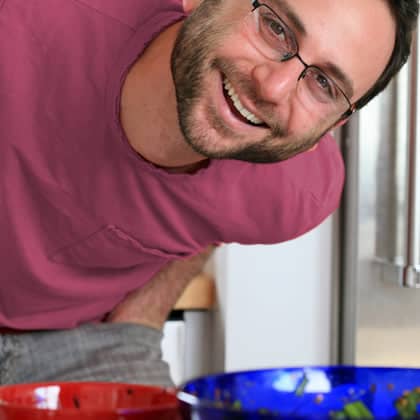
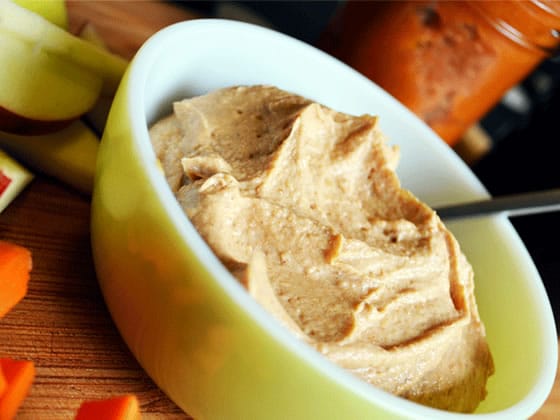

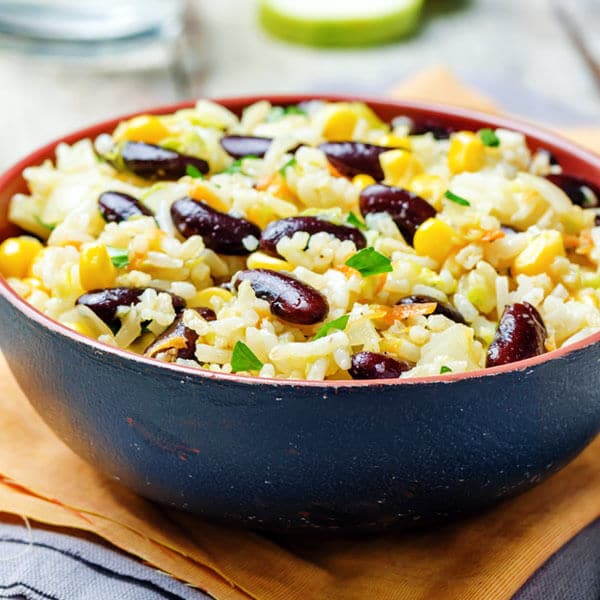
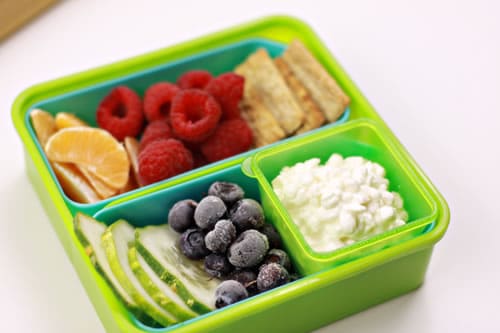















Laurel: I hear you, and I love the way you put it: if you get 80% of your eating decisions right, you don’t have to micromanage the rest. That is classic 80/20 thinking. Good for you.
Kris: so happy to hear it! We found the same phenomenon. As we reduced our intake of processed foods, we craved them less. It was an unexpected benefit. Thank you for sharing.
DK